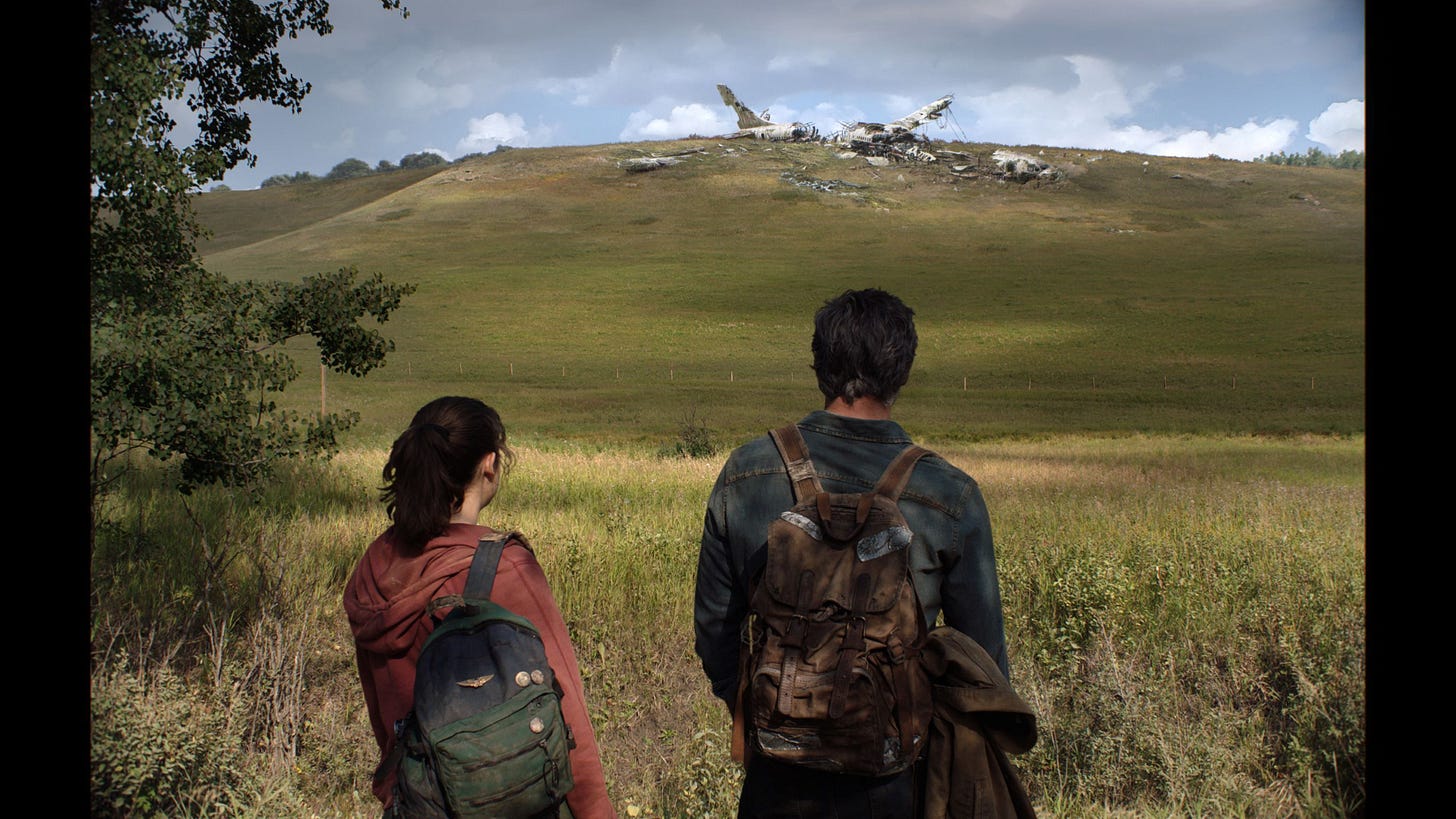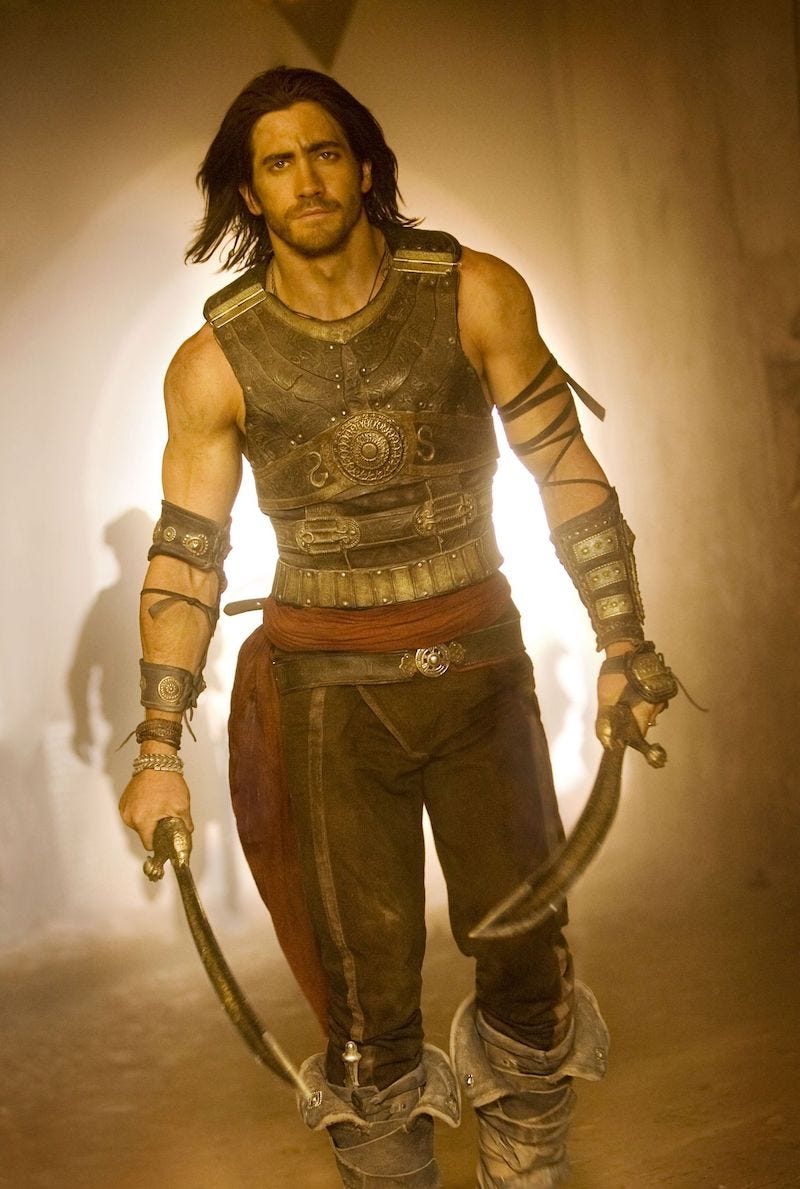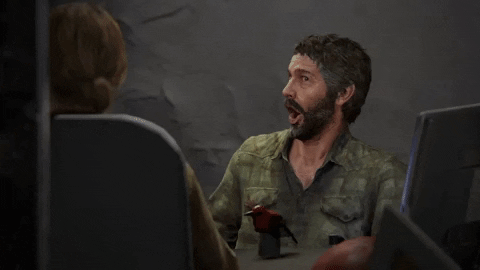On Reflection: Hollywood's failure to make decent video game adaptations
Or, 'is there any chance The Last of Us won't be crap?'

With HBOs The Last of Us adaptation just around the proverbial corner (2023), and leaked videos from on set absolutely ramping up the hype train, it seems a timely moment to do a bit of expectation management and consider the successes, or more bluntly, the failures of previous video game adaptations. Why is it so rare for a game adaptation to hit the sweet spot of commercial and critical acclaim? In short, why are game adaptations usually balls?
It's worth acknowledging that book adaptations are often ribbed for the same reason: an apparent failure to live up to the imaginations of their diverse fanbase. Of course, with a book (excepting occasional illustrations, as well as comics and visual novels), films would seem primed to fail, since they're standing in direct opposition to the capacity of the imagination and every reader's preconceived ideas about what characters look and sound like, the aesthetic of each location featured, even the overall ambient tone and visual style.
And yet there are countless success stories of book adaptations, like The Lord of the Rings trilogy which many, myself included, would argue presents Tolkien's vision more effectively than his own writing does; or more recently, Dune, which despite claims to be 'unfilmable' proved a critical and commercial success when it was released earlier this year; even the Harry Potter series, albeit clearly inferior to JK Rowling's books, still made for a thoroughly enjoyable film franchise. With books though, arguably part of the thrill is in the realisation of something that hitherto existed only in the reader's mind. Interpreted effectively, this alone, even if it deviates from the envisioned world, is enough to provide a thrill of excitement. For example, both parts of The Hobbit were lacklustre, but I was overjoyed simply returning to Jackson's immersive and beautifully detailed Middle Earth.
Contrast this with game adaptations and the same opportunities don't arise. A game, in many ways, is already a superior product, visually, to a film. I don't mean that in terms of photorealism (although graphics are heading that way, see Unreal Engine 5, below), I mean that a game can create a depth to its world for the gamer that a film cannot for its viewer.
A film is limited in its scope. It can present you one vision: the director's. It unfolds, in gaming terms, "on rails". In a game though, more often than not, the gamer doubles up as the director, choosing where to go and when, which vistas to soak up and for how long, which enemies live and die, whether a scene is characterised by silent stealth or by furious gunfire and physical combat. Further, through embodying a character (either in first or third person, Gordon Freeman or Joel Miller), the gamer is afforded the opportunity to discover that world from a uniquely personal perspective and experience enhanced emotion as a result. Autonomous decision making in games, whether real or illusory, is clearly more impactful and engaging than passively observing a choreographed sequence, which is what films offer instead. This is a gaming phenomenon being studied by scientists the world over, like Katherine Isbister, author of 'How Games Move Us' who specialises in human-computer interaction:
That said, it seems a reasonable supposition that some games would lend themselves to the silverscreen more naturally than others. You'd expect a strong story-based game like Uncharted or Tomb Raider to play out much along the lines of any traditional adventure film, Indiana Jones being the obvious example. Similarly, a 'real world' based adaptation of Hitman (which has been attempted twice, with Timothy Olyphant and Rupert Friend in 2007 and 2015 respectively, and met with a poor reception both times) or Splinter Cell (announced in 2012 with Tom Hardy as Sam Fisher, but yet to see the light of day), or even Max Payne (whose 2008 effort with Mark Wahlberg flopped hard), should be fairly straightforward, whether it's along the lines of James Bond, or Jason Bourne, or John Wick. Their poor cinematic depictions seem more an indictment of weak scripting and unimaginative direction than because the content doesn't translate well to screen. Assassin's Creed, with its cast of thousands and rich lore is another example - it's hard to offer a strong defence for just how bad it is. Another case in point is that the Uncharted fan film starring Nathan Fillion actually looks much better than its more recent, feature length, big budget, big brother.
In fairness though, maybe the same can't be said for sci-fi or fantasy adaptations, or game formats whose narrative generally takes a back seat. For example, it's unsurprising that Mortal Kombat struggles to seamlessly integrate a line like, "Kano Wins" or weave a convincing plot justification for its bizarre, supernatural one-on-one battles, or that Duncan Jones' Warcraft, with its toothy Orc protagonists and sparkly spells - imagery that's forgivably hammy in a game but is swiftly condemned as bad CGI on film - faced a battle to be taken seriously even before the battle for Azeroth was unleashed, or that explaining a mechanic like the Dagger of Time in Prince of Persia: The Sands of Time without introducing plot-holes is nigh on impossible, never mind asking audiences to accept Jake Gyllenhaal dressed like this:
These are issues that gamers don't care about to the same extent. They can focus on how it feels to be these characters, to wield their abilities. They can solve the puzzles laid out for them, and figure out how to navigate and discover the wondrous, fantastical environments. Film audiences don't have these perks to fall back on. If the core story is lacking, implausible, or just plain silly; if the script has to cram exposition into every line in order that the plot makes any sense at all; if, after all this, the acting rings false as a result, there is no secondary merit to laud. Instead, it is a disappointment on every front.
None of this bodes well for HBO's forthcoming series, The Last of Us. But there's another factor to consider here, and that's length. A typical gaming experience is upwards of 10 hours. In contrast, a typical film is 90-120 minutes. Unsurprisingly, story, backstory and character development that can unfold organically over the course of tens of hours in a game, will likely feel contrived and unnaturally contorted if squeezed into an incompatibly short runtime. Released episodically, The Last of Us has an advantage here. As its writer, Craig Mazin (of HBO's Chernobyl acclaim), noted:
"Just by dint of the fact that they [HBO executives] said ‘yes’ [to a 10-episode first season], you get a feeling that this is going to be different."
I really hope so. Aside from anything else, if game adaptations continue to disappoint, it's going to be depressing as shit when Amazon's Disco Elysium and Fallout series hit screens. Unfortunately, if Paramount+'s Halo is anything to go by, it might be worth tempering my excitement...
Bah, who am I kidding? That's never gonna happen. All aboard the hype train! Choo choo!
Further listening:




